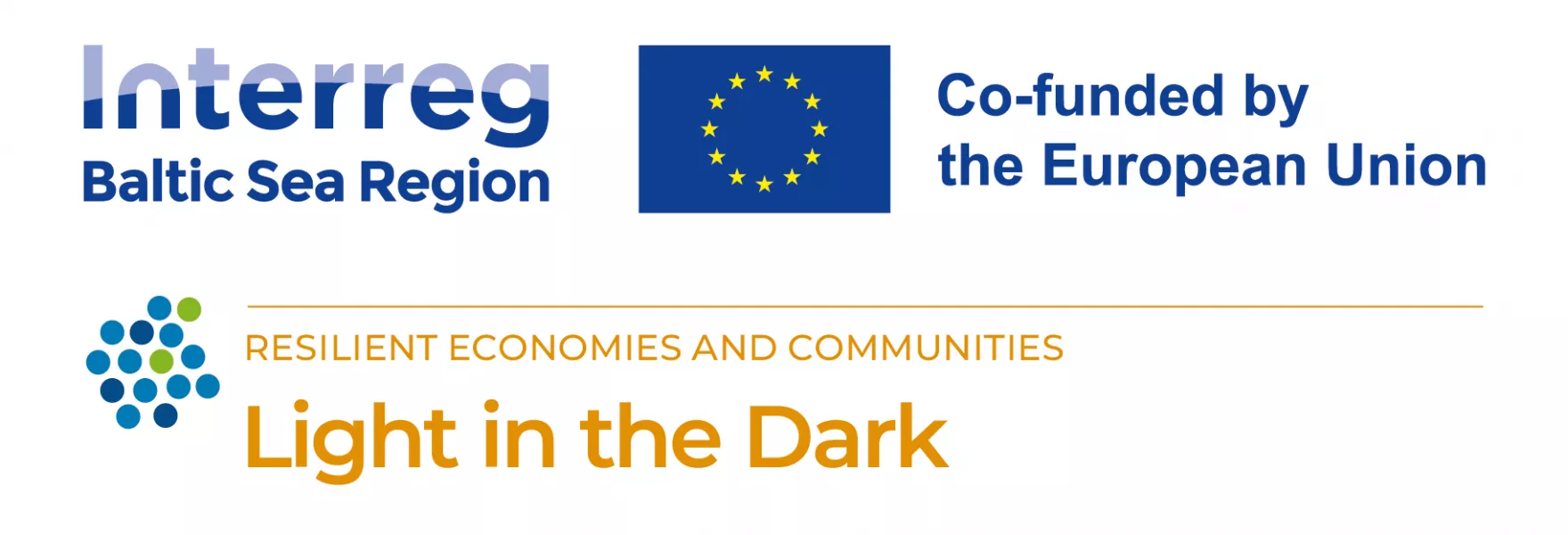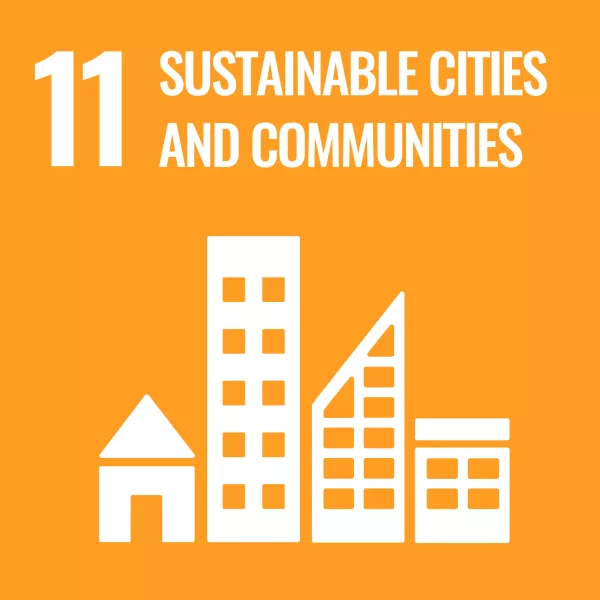
About the project
The project Light in the Dark helps small and medium-sized enterprises in the tourism sector create an off-season nature-based offer to attract tourists to rural and coastal areas of the northern Baltic Sea region all year long.The off season period; fall, winter and spring in the northern Baltic Sea Region is dark and cold, and often without snow because of proximity to and humidity from the sea. This causes challenges for tourism and the problem is especially profound in rural and coastal areas in the northern Baltic Sea Region. The modern travelers are called nature explorers, natural wonder hunters, nature tribe tourists. They are looking to avoid crowds by travelling off season. They expect customized experiences, efficient service, they value nature and are willing to extend their stay. The project (1) responds to this need, and (2) supports the ability to respond to the Baltic Sea Region's common need to prolong the tourism season by developing a transnational northern Baltic archipelago concept for nature-based tourism.
The project is lead and managed by Novia University of Applied Sciences and has 11 partners in five countries: Cursor Oy, Kotka-Hamina Regional Development Company, Stockholm Business Region AB, Nida Culture and Tourism Information Centre "Agila", Estonian Rural Tourism NGO (acronym: ERTO), Estonian University of Life Sciences, Hiiumaa Development Center, Visit Åland, Åland University of Applied Sciences, Klaipeda University, Kurzeme Planning region
Project goal
We create a fall-winter-spring package consisting of three product experience packages under the concept Light in the Dark for Small and Medium-sized Enterprises and Destination Management Organisations in tourism to attract travelers during off season. Transnational collaboration between universities, SMEs and Business Support Organizations promote coherent and synergistic implementation of the solution and add value by connecting all relevant stakeholders and businesses from different countries. The concept helps tourism sector to better respond to and adapt their businesses to off seasons, building resilience among businesses operating in the archipelago and coastal areas.UN's Sustainable Development Goals

James Simpson
Project Leader
